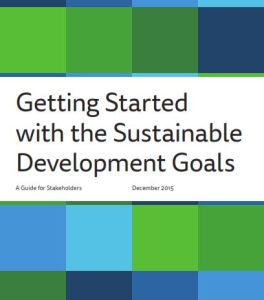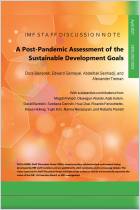Join getAbstract to access the summary!

Join getAbstract to access the summary!
Sustainable Development Solutions Network Secretariat
Getting Started with the Sustainable Development Goals
A Guide for Stakeholders
Sustainable Development Solutions Network, 2015
What's inside?
Your organization can benefit from these strategies toward global achievement of the United Nations’ 17 Sustainable Development Goals by 2030.
Recommendation
In September 2015, all 193 United Nations member states agreed to adopt 17 Sustainable Development Goals (SDGs), marking a universal embrace of a new paradigm for safeguarding the planet and bettering the human condition. Now comes the hard part, as governments and other primary stakeholders begin to assess their current progress towards achieving the goals. To that end, the Sustainable Development Solutions Network has put forward some guiding principles to help stakeholders begin moving toward implementation of the SDG agenda. getAbstract recommends this preliminary report to academics, business leaders, local and national policy makers, and civic groups working to orient their planning and policy priorities around the SDGs.
Summary
About the Author
The Sustainable Development Solutions Network (SDSN) mobilizes the world’s top scientists and technical experts on key challenges of sustainable development.




















Comment on this summary